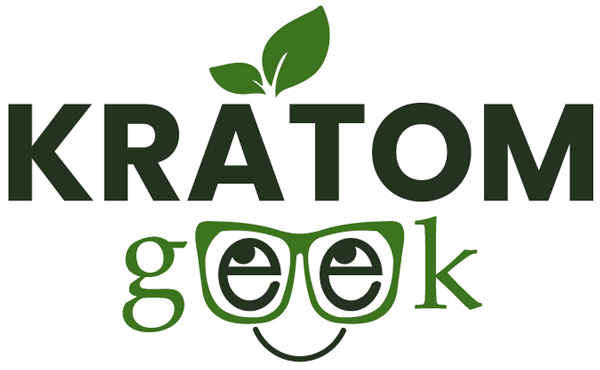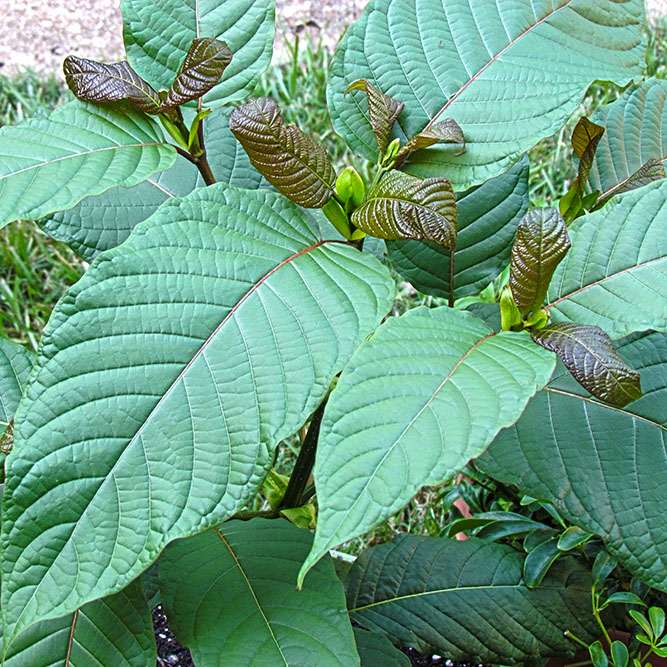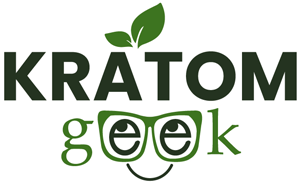Whether or not kratom is legal depends on the country, state, or municipality regulations. In some countries, kratom is considered a household remedy. In other countries, whether or not kratom is legal or illegal has yet to be decided. As for the U.S., only 6 states have fully banned the use of kratom. In other states, regulations have been made on either the city or county-level.
What Is Kratom?
Kratom is an herbal extract that comes from tropical evergreen trees (mitragyna speciosa) grown in Southeast Asia. These trees are part of the coffee plant family (Rubiaceae). Indigenous to Thailand, Indonesia, Malaysia, Myanmar, and Papua New Guinea, kratom has been used in traditional medicine in these countries for centuries.
In the western world, kratom has grown in popularity with estimates finding 2 to 4 million people using kratom in the U.S. Kratom may be used to support relaxation, relief of physical discomfort, focus, and productivity, as well as providing a relaxed mentality, though its full range of applications and potential benefits is still being discovered. Different strains or types of kratom are often associated with different levels of potency and effects in users. Kratom comes in a variety of forms, including powder, capsules, extracts, and dried leaves.
Is Kratom Legal in My State?
In the U.S., kratom is not regulated on the federal level. Rather, state and local laws dictate the substance’s legality. With no regulation at the federal level, it is important to keep in mind that there is no governmental body overseeing the quality or safety of products.
In 2016, the Drug Enforcement Administration (DEA) considered banning kratom because of potentially adverse effects and addictive properties. The public backlash, however, caused the administration to withdraw its plans.
Below is a list detailing in which U.S. states kratom is legal and illegal, as well as city or county exceptions, age restrictions, and other pertinent information on where you can buy kratom:
| LEGAL/ILLEGAL | City/County Exceptions | Age Restrictions | Other Information |
| Alabama | In 2019, Alabama banned kratom statewide. Gov. Robert Bentley placed it on the controlled substances list. Local law enforcement is largely responsible for how violations of the substance are managed. | ||
| Alaska | |||
| Arizona | |||
| Arkansas | In 2016, Arkansas listed mitragynine and 7-hydroxymitragynine, two compounds found in kratom leaves, as Schedule 1 substances. This classification is the same as heroin and cocaine. | ||
| California | *excluding San Diego | In 2016, kratom was banned in San Diego in an ordinance that also made illegal synthetics used to make spice and bath salts. | |
| Colorado | *excluding Denver | In 2017, the city of Denver banned the “sale or service of kratom for human consumption.” | |
| Connecticut | |||
| Delaware | |||
| Florida | *excluding Sarasota County | Sarasota county is currently the only county in Florida to ban kratom; Broward and Palm Beach almost banned the substance, but failed to pass ordinances. Commissioners cited a need for more research as the reason behind postponing its ban. | |
| Georgia | |||
| Hawaii | |||
| Idaho | |||
| Illinois | *excluding Jerseyville | *must be 18 | While the state of Illinois currently only prohibits minors from purchasing or consuming kratom, one state lawmaker has proposed a bill seeking to expand that restriction to everybody regardless of age. If passed, the bill would make violations a Class B misdemeanor. |
| Indiana | In Indiana, kratom is listed as a Schedule 1 narcotic, as are heroin and cocaine. | ||
| Iowa | |||
| Kansas | |||
| Kentucky | |||
| Louisiana | |||
| Maine | |||
| Maryland | |||
| Massachusetts | |||
| Michigan | |||
| Minnesota | |||
| Mississippi | *excluding Union County, among others | In 2020, Mississippi legislators killed bills that would have banned the use of kratom in the state. For now, a total of 28 counties and cities in the state have banned kratom and made its possession a misdemeanor. | |
| Missouri | |||
| Montana | |||
| Nebraska | |||
| Nevada | |||
| New Hampshire | *must be 18 | While kratom was initially banned in New Hampshire, a 2020 amendment reversed this action. All kratom products must be registered with the state’s Department of Health and Human Services. | |
| New Jersey | |||
| New Mexico | |||
| New York | |||
| North Carolina | |||
| North Dakota | |||
| Ohio | |||
| Oklahoma | |||
| Oregon | |||
| Pennsylvania | |||
| Rhode Island | In 2017, Rhode Island listed mitragynine and 7-hydroxymitragynine, two compounds found in kratom, as controlled substances. The Rhode Island Controlled Substances Act, however, does not currently include these substances. Arrests for kratom possession are proof of its illegality. | ||
| South Carolina | |||
| South Dakota | |||
| Tennessee | *must be 21 | Kratom may only be sold in its “natural form” in Tennessee, wording that has left many residents unsure of what that means. While its “natural state” largely refers to when it is dried, cut, and sifted, the loose wording has posed issues in the state. | |
| Texas | |||
| Utah | |||
| Vermont | |||
| Virginia | |||
| Washington | |||
| West Virginia | |||
| Wisconsin | In 2014, Wisconsin passed a bipartisan bill banning the use of kratom. | ||
| Wyoming |
Why Isn’t Kratom Legal Everywhere?
Stakeholders are torn as to whether kratom should be legal. While some users call the substance “a godsend,” the FDA is quick to disagree, touting it as a danger to society. Much of the concern surrounding kratom is due to negative reports of people who have used kratom. In many of these cases, however, other substances were taken in conjunction with kratom. Other concerns surrounding kratom consider the fact that it has not been well researched, so its uses and potential benefits cannot be empirically defined.
It is important to remember that kratom is a botanical substance that can have both positive or negative effects on the body. Dosage, properties of different strains, the concentration of active chemicals, combination with other substances, and user body weight are all important considerations to make when using kratom.






